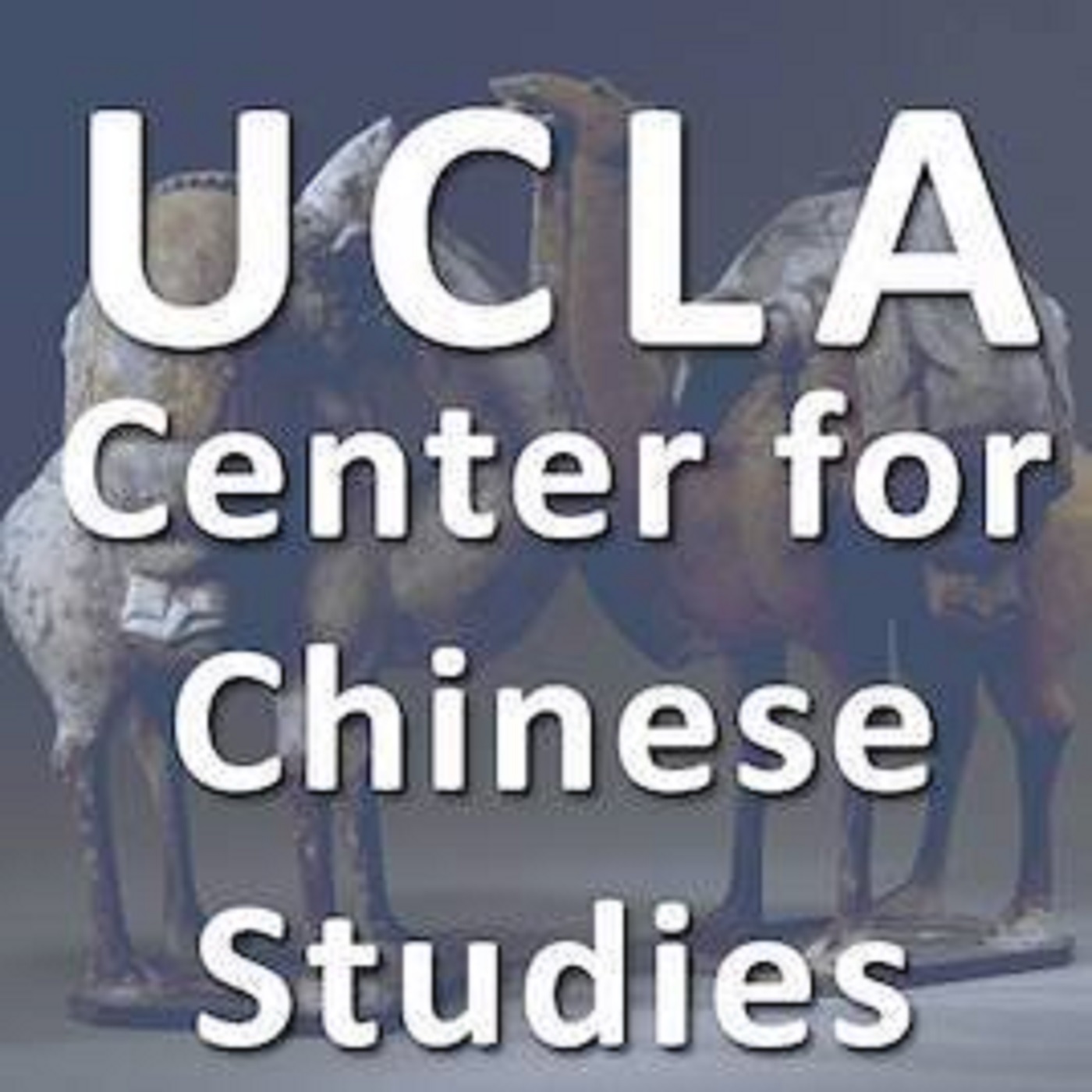
These Days, These Homes: Domestic Aesthetics, Gendered Modernity, and Filming Futures in “Minority” China

Podcasts from the UCLA Center for Chinese Studies
What is the main focus of the film project discussed in the podcast?
The film project focuses on domestic aesthetics, gendered modernity, and the filming of futures in 'minority' China, particularly through the lives of two women, Wu and Chin, who navigate their roles as mothers, businesswomen, and wives in a rapidly modernizing society.
How did Wu and Chin's lives change between 2006 and 2015?
Between 2006 and 2015, Wu transitioned from working in a factory in southern China to running a tofu business in Kaili, while Chin moved from working in a nearby city to managing a guesthouse in her husband's village. Both women adapted to the changing economic and social landscape of China.
What role does the concept of 'home' play in the film project?
The concept of 'home' is central to the film project, as it explores how Wu and Chin navigate their identities and roles within their domestic spaces. The film examines how their homes reflect broader changes in Chinese society, particularly in terms of modernization and gender roles.
How does the film project address the intersection of tradition and modernity in China?
The film project addresses the intersection of tradition and modernity by documenting how Wu and Chin balance traditional practices, such as cooking and family roles, with modern economic activities, like running businesses. Their lives illustrate the complexities of maintaining cultural identity while adapting to rapid societal changes.
What challenges do Wu and Chin face in their daily lives?
Wu and Chin face challenges such as managing their businesses, caring for their families, and navigating societal expectations. They also deal with the pressures of being seen as successful Miao women in a rapidly modernizing China, which often requires them to balance traditional roles with modern economic activities.
How does the film project explore the concept of 'filming futures'?
The film project explores 'filming futures' by documenting the evolving lives of Wu and Chin over several years. It captures their aspirations, struggles, and adaptations to societal changes, offering a glimpse into how they envision their futures within the context of a rapidly modernizing China.
What is the significance of the Miao identity in the film project?
The Miao identity is significant in the film project as it highlights how Wu and Chin navigate their cultural heritage within a modernizing China. Their experiences reflect the broader challenges faced by minority groups in maintaining their traditions while adapting to societal changes.
How does the film project reflect the broader changes in Chinese society?
The film project reflects broader changes in Chinese society by documenting the lives of Wu and Chin, who embody the tensions between tradition and modernity. Their experiences illustrate the impact of economic development, urbanization, and shifting gender roles on individuals and families in China.
- 在中国快速城市化进程中,'家'的概念在不断演变。
- 吴和秦的经历体现了中国女性在现代化进程中的复杂生活和对'家'的不同体验。
- 她们在农村、城镇和城市之间流动,'家'的概念不再局限于固定的地理位置。
Shownotes Transcript